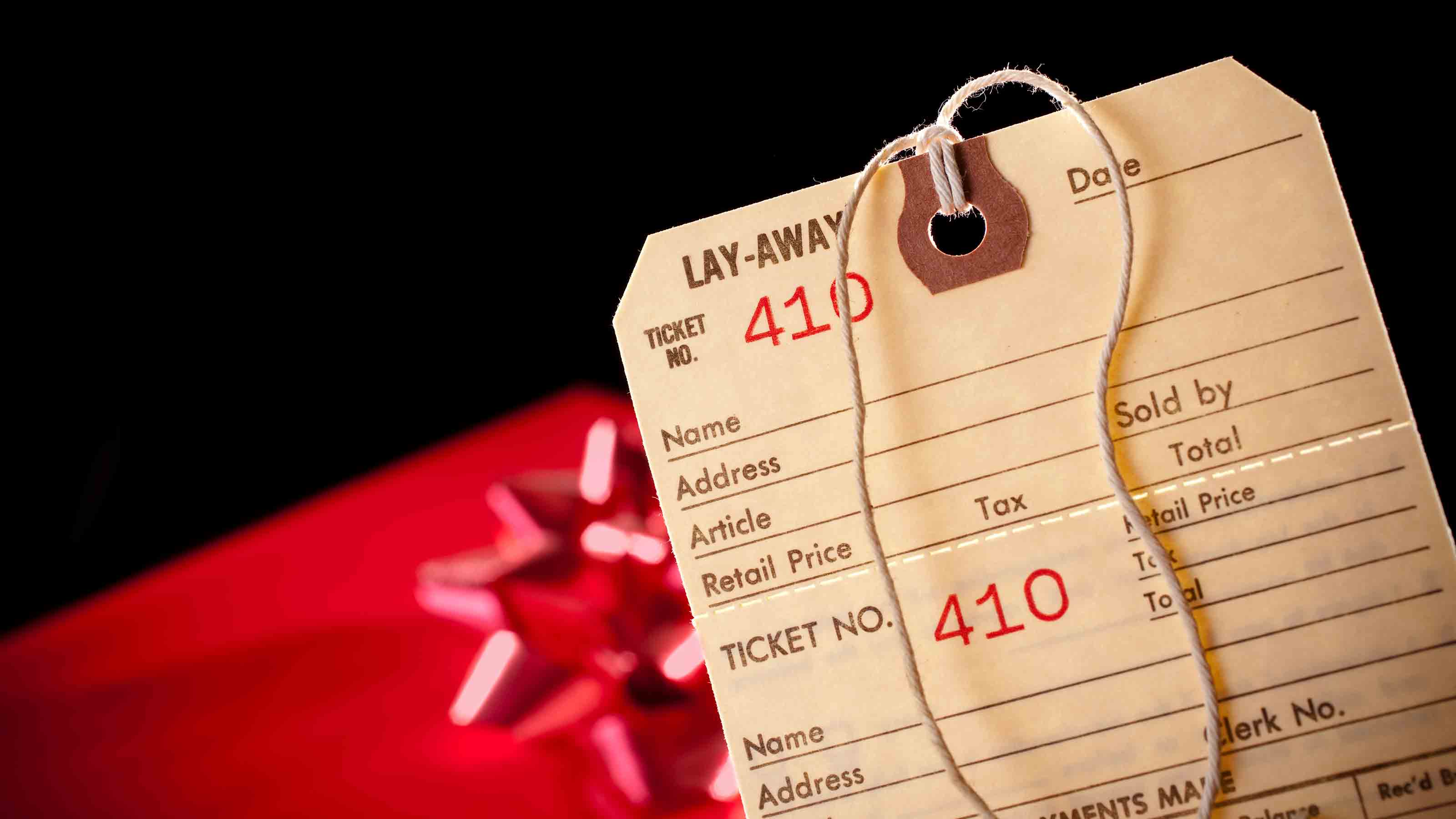
Profit and prosper with the best of Kiplinger's advice on investing, taxes, retirement, personal finance and much more. Delivered daily. Enter your email in the box and click Sign Me Up.
You are now subscribed
Your newsletter sign-up was successful
Want to add more newsletters?

Delivered daily
Kiplinger Today
Profit and prosper with the best of Kiplinger's advice on investing, taxes, retirement, personal finance and much more delivered daily. Smart money moves start here.

Sent five days a week
Kiplinger A Step Ahead
Get practical help to make better financial decisions in your everyday life, from spending to savings on top deals.

Delivered daily
Kiplinger Closing Bell
Get today's biggest financial and investing headlines delivered to your inbox every day the U.S. stock market is open.

Sent twice a week
Kiplinger Adviser Intel
Financial pros across the country share best practices and fresh tactics to preserve and grow your wealth.

Delivered weekly
Kiplinger Tax Tips
Trim your federal and state tax bills with practical tax-planning and tax-cutting strategies.

Sent twice a week
Kiplinger Retirement Tips
Your twice-a-week guide to planning and enjoying a financially secure and richly rewarding retirement

Sent bimonthly.
Kiplinger Adviser Angle
Insights for advisers, wealth managers and other financial professionals.

Sent twice a week
Kiplinger Investing Weekly
Your twice-a-week roundup of promising stocks, funds, companies and industries you should consider, ones you should avoid, and why.

Sent weekly for six weeks
Kiplinger Invest for Retirement
Your step-by-step six-part series on how to invest for retirement, from devising a successful strategy to exactly which investments to choose.
If you’re old enough to have parents who bought items on layaway (or did it yourself), you’ll understand Amazon’s latest perk for Amazon Prime: Amazon Layaway.
It’s available now, mostly pitched to back-to-school shopping, but many remember layaway generally as a department store holiday staple in the decades following World War II. The idea was – and is – this: You’d reserve big purchases like Christmas toys for the kids well ahead of the big day, and pay the store’s layaway department a portion of the final tab every few weeks until the item was paid for and ready to be retrieved, wrapped and delivered to eager children or other recipients.
Amazon Layaway works, virtually, in a similar fashion. Curiously, it’s the inverse of the intensely popular (and significantly more risky) buy now, pay later programs. Here, you pay now, get later.
From just $107.88 $24.99 for Kiplinger Personal Finance
Become a smarter, better informed investor. Subscribe from just $107.88 $24.99, plus get up to 4 Special Issues

Sign up for Kiplinger’s Free Newsletters
Profit and prosper with the best of expert advice on investing, taxes, retirement, personal finance and more - straight to your e-mail.
Profit and prosper with the best of expert advice - straight to your e-mail.
Amazon says it has thousands of selected items ready for Amazon Layaway, and there’s no credit check, no interest charged and there are no cancellation fees. Items are clearly marked with a button that says “Reserve with Layaway.” Layaway customers pay 20% of the item’s total cost at initial checkout. The item is then reserved and the price is locked in.
Next steps include making equal payments every two weeks for up to eight weeks until the item or items are paid in full. A quicker payoff means a faster delivery. Not every item Amazon sells is available for layaway. Amazon advises if you want the items to arrive in time for December holidays to make your purchases by Oct. 23.
But is layaway a sound money-saving move?
Unlike buying via a credit card, layaway programs typically don’t charge interest – though some stores in the past charged small “layaway fees” to store the items – and aren’t considered a form of debt (thus, no need for a credit check).
Amazon isn’t charging any fees above the costs of the items, but should other retailers resuscitate layaway, consider whether they charge layaway fees (a decade ago, Best Buy charged 5% of the total layaway price and retailers including Burlington Coat Factory, Marshalls and T.J. Maxx charged a $5 non refundable layaway fee).
Other concerns include:
- Using layaway may cost you. If you lock in the price of a product and put it on layaway, you will miss out if and when the item goes on sale for a lower price, perhaps on Black Friday or during the busy holiday shopping season. Amazon confirms its prices are locked in at time of purchase and that’s the final price for layaway items, even if the product goes on sale. But, in these inflationary times, there’s also the upside that you’ve locked in a given price that could also go up.
- You might pay more to cancel. Amazon Layaway isn’t charging a cancellation fee. Other retailers have in years past and still might if they revive layaway.
- You might not be able to afford that layaway. On the face of it, layaway seems a more prudent option – and it is certainly better than buying something – or many things – that end up putting you in debt. And yet, the idea of taking an expensive item and breaking it up into more manageable payment chunks can end up disguising the sum cost. In short, can you really afford it? And if you face a cancellation fee, that’s bad money on top of bad money.
Profit and prosper with the best of Kiplinger's advice on investing, taxes, retirement, personal finance and much more. Delivered daily. Enter your email in the box and click Sign Me Up.

Bob was Senior Editor at Kiplinger.com for seven years and is now a contributor to the website. He has more than 40 years of experience in online, print and visual journalism. Bob has worked as an award-winning writer and editor in the Washington, D.C., market as well as at news organizations in New York, Michigan and California. Bob joined Kiplinger in 2016, bringing a wealth of expertise covering retail, entertainment, and money-saving trends and topics. He was one of the first journalists at a daily news organization to aggressively cover retail as a specialty and has been lauded in the retail industry for his expertise. Bob has also been an adjunct and associate professor of print, online and visual journalism at Syracuse University and Ithaca College. He has a master’s degree from Syracuse University’s S.I. Newhouse School of Public Communications and a bachelor’s degree in communications and theater from Hope College.
-
 How Much It Costs to Host a Super Bowl Party in 2026
How Much It Costs to Host a Super Bowl Party in 2026Hosting a Super Bowl party in 2026 could cost you. Here's a breakdown of food, drink and entertainment costs — plus ways to save.
-
 3 Reasons to Use a 5-Year CD As You Approach Retirement
3 Reasons to Use a 5-Year CD As You Approach RetirementA five-year CD can help you reach other milestones as you approach retirement.
-
 Your Adult Kids Are Doing Fine. Is It Time To Spend Some of Their Inheritance?
Your Adult Kids Are Doing Fine. Is It Time To Spend Some of Their Inheritance?If your kids are successful, do they need an inheritance? Ask yourself these four questions before passing down another dollar.
-
 9 Types of Insurance You Probably Don't Need
9 Types of Insurance You Probably Don't NeedFinancial Planning If you're paying for these types of insurance, you may be wasting your money. Here's what you need to know.
-
 I Found the Best Gifts Under $50 and None of Them Feel Cheap
I Found the Best Gifts Under $50 and None of Them Feel CheapAmazon October Prime Day is the perfect chance to nab some under-$50 gifts that feel more expensive than they are (because normally they would be).
-
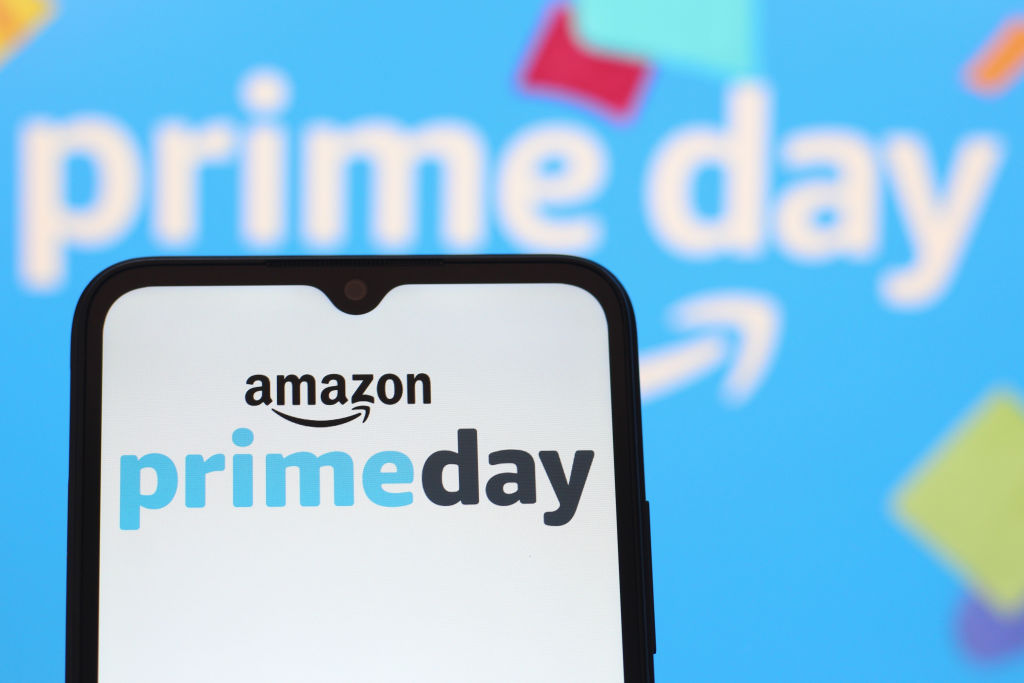 Amazon AI on Prime Day: Deal Helper or Upsell Machine?
Amazon AI on Prime Day: Deal Helper or Upsell Machine?Amazon’s Rufus chatbot, Alexa voice deals and Amazon Lens can change how you shop on Prime Day. Here’s how to use them wisely — and avoid being upsold.
-
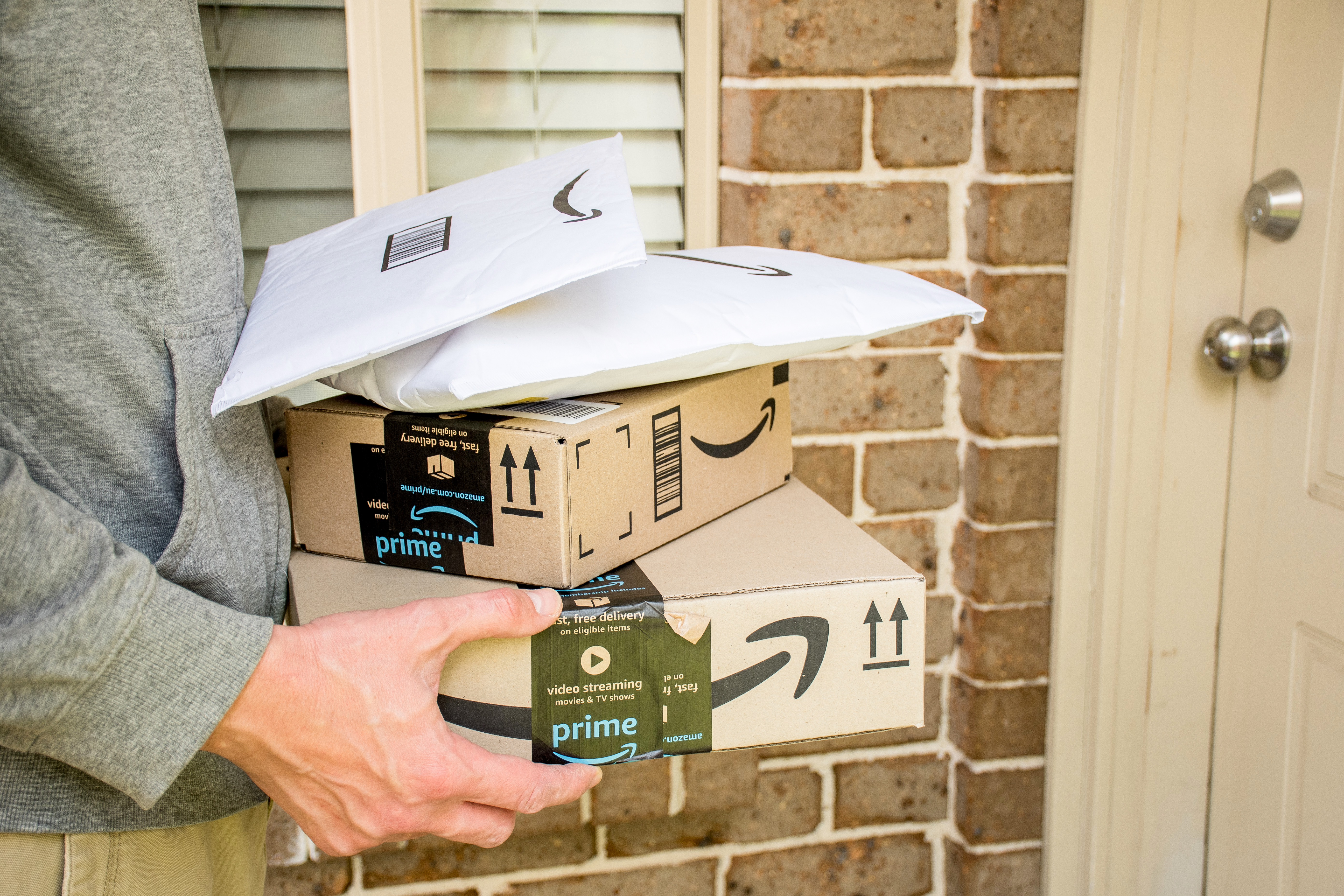 How to Safely Get Your Amazon Packages This Season
How to Safely Get Your Amazon Packages This SeasonWorried about porch pirates? From Amazon lockers to secure lock boxes, here’s how to protect your holiday deliveries.
-
 Last Chance to Shop These Under-$100 Prime Day Deals for a Smarter, Safer Home: Ring Doorbells, Nest Thermostats, Leak Detectors and More
Last Chance to Shop These Under-$100 Prime Day Deals for a Smarter, Safer Home: Ring Doorbells, Nest Thermostats, Leak Detectors and MoreThese under-$100 Prime Day deals on Ring, Blink, Nest and other top smart home brands are disappearing after today.
-
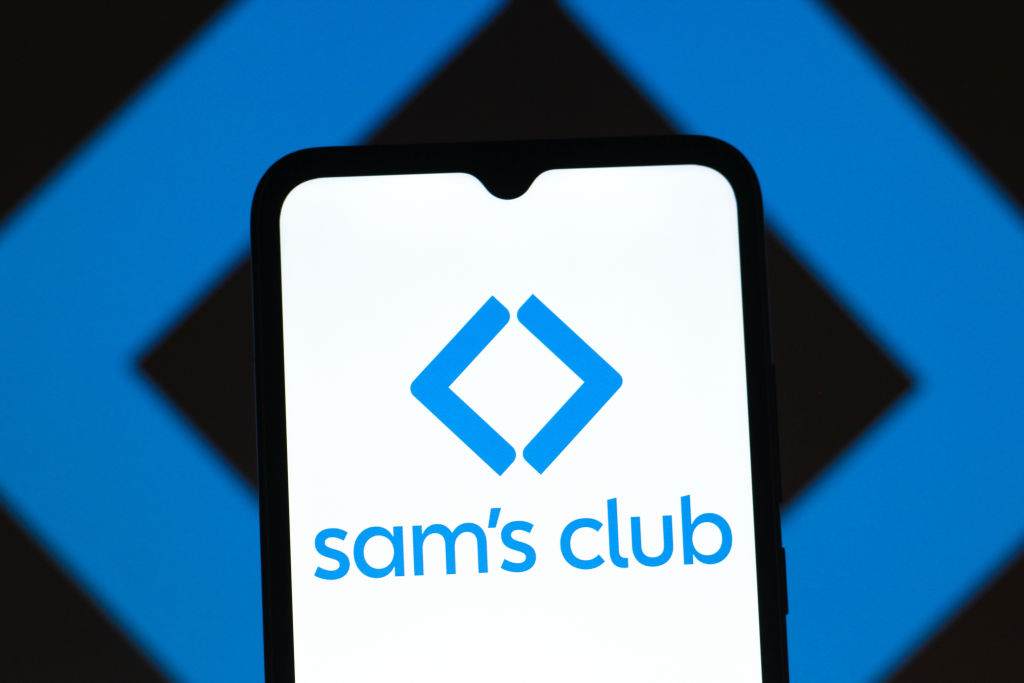 Sam's Club Takes On Amazon Prime With Big Summer Savings — But Is It Worth Joining?
Sam's Club Takes On Amazon Prime With Big Summer Savings — But Is It Worth Joining?With longer sales and seasonal deals, Sam's Club is making a strong case for summer value. Here's how to save.
-
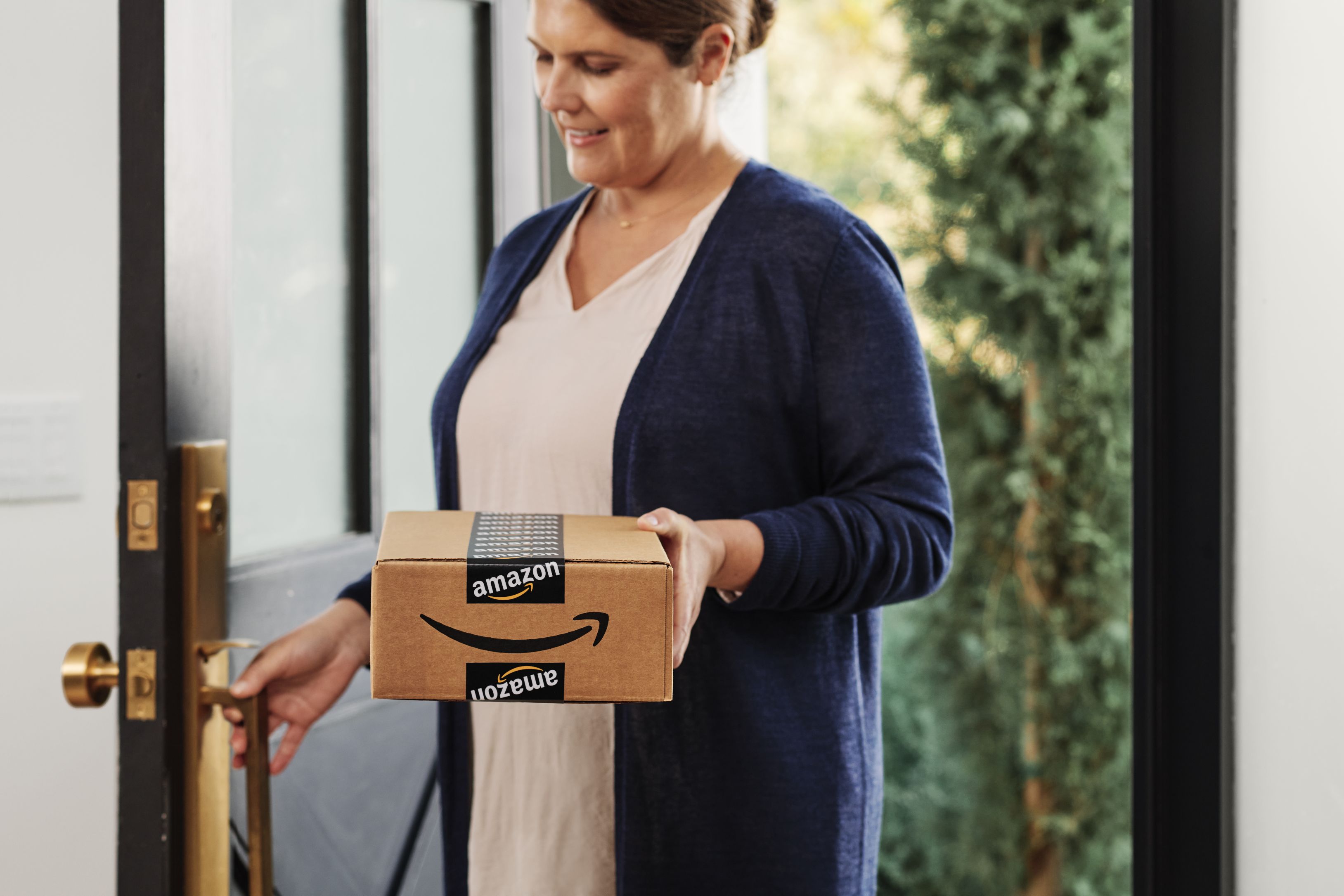 FSA or HSA-Eligible Amazon Prime Deals You Can Shop Now
FSA or HSA-Eligible Amazon Prime Deals You Can Shop NowDouble down on savings by taking advantage of these FSA or HSA-eligible early Prime deals. Save on the smart rings, air purifiers, baby gear and more.
-
 Amazon Resale: Where Amazon Prime Returns Become Your Online Bargains
Amazon Resale: Where Amazon Prime Returns Become Your Online BargainsFeature Amazon Resale products may have some imperfections, but that often leads to wildly discounted prices.
